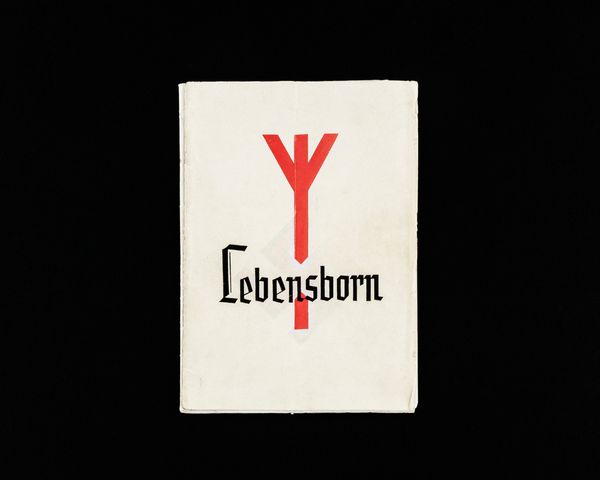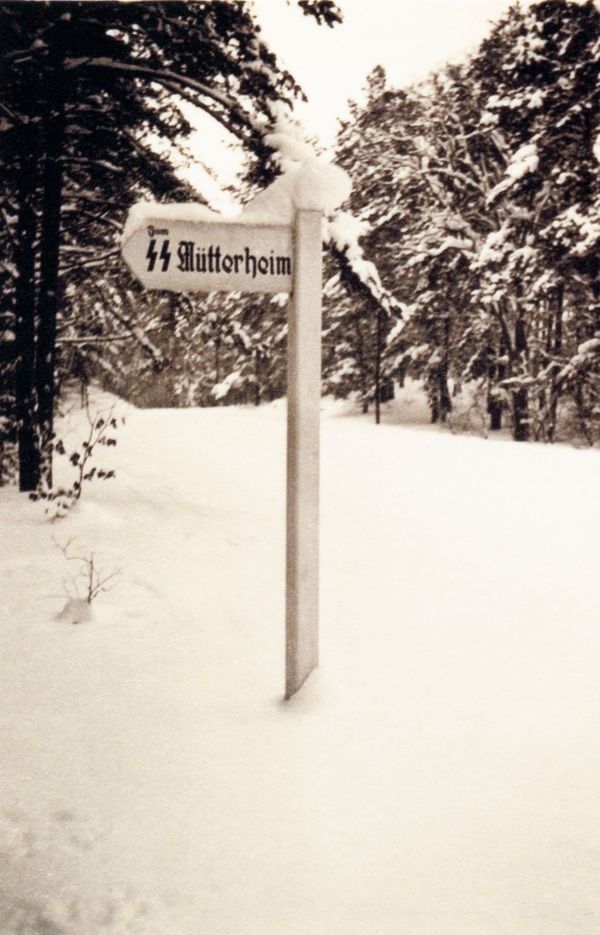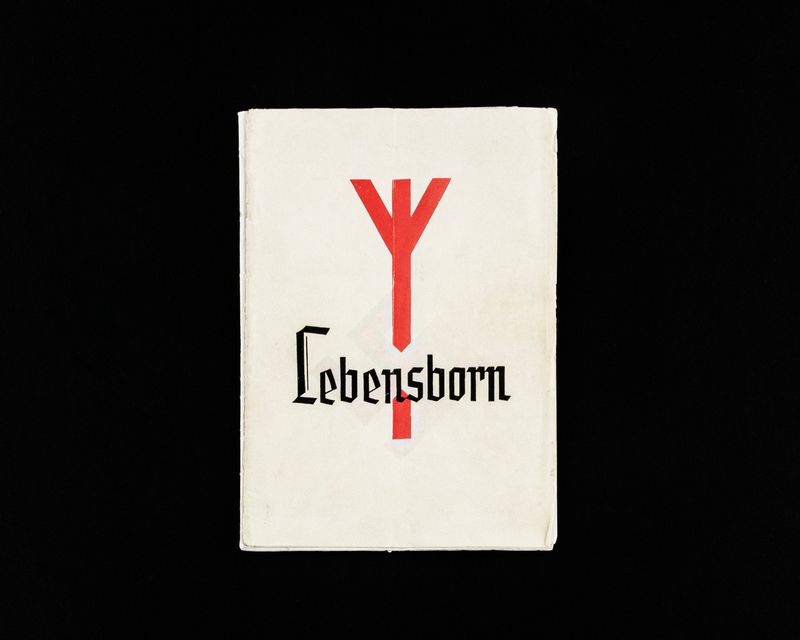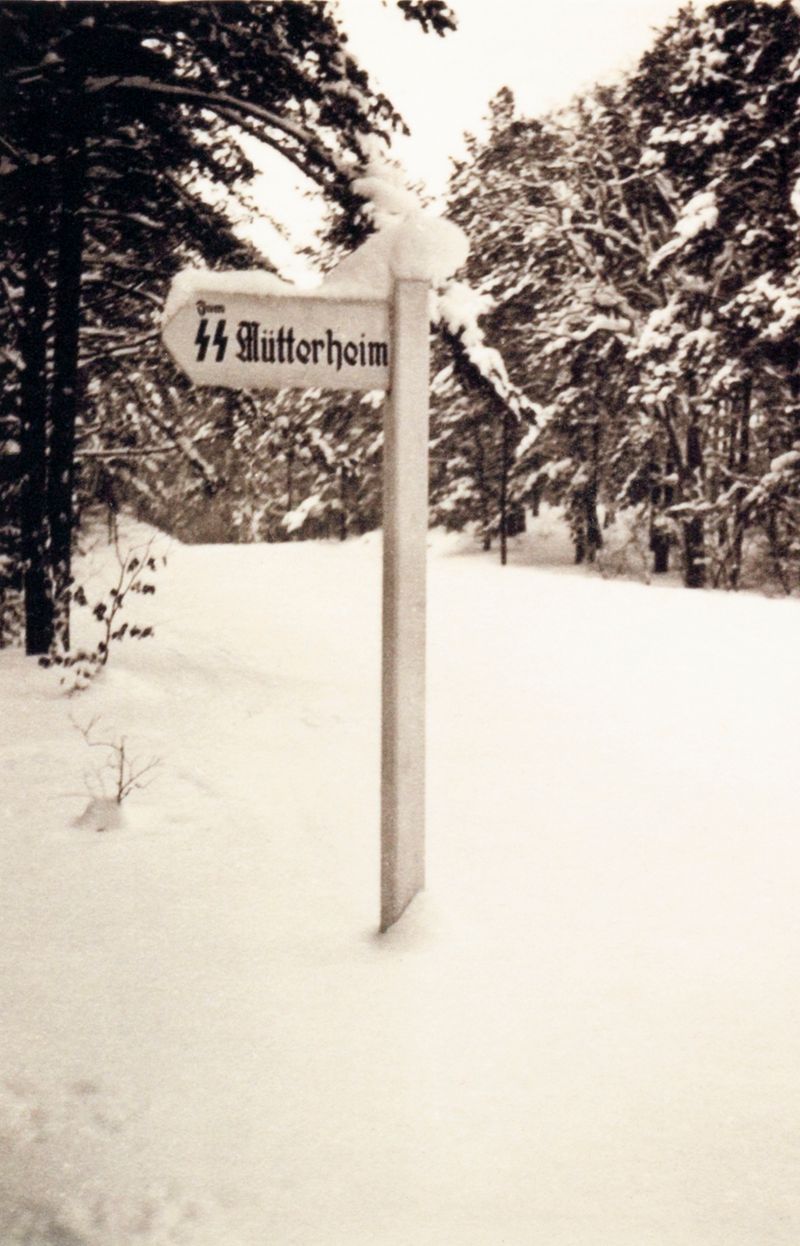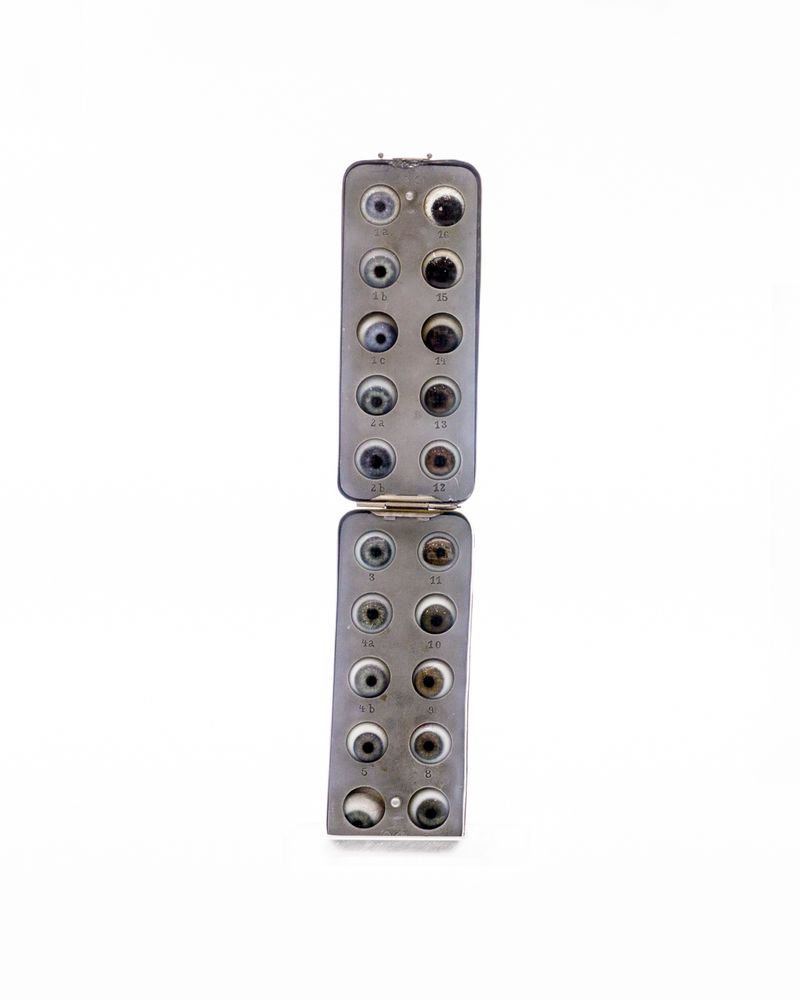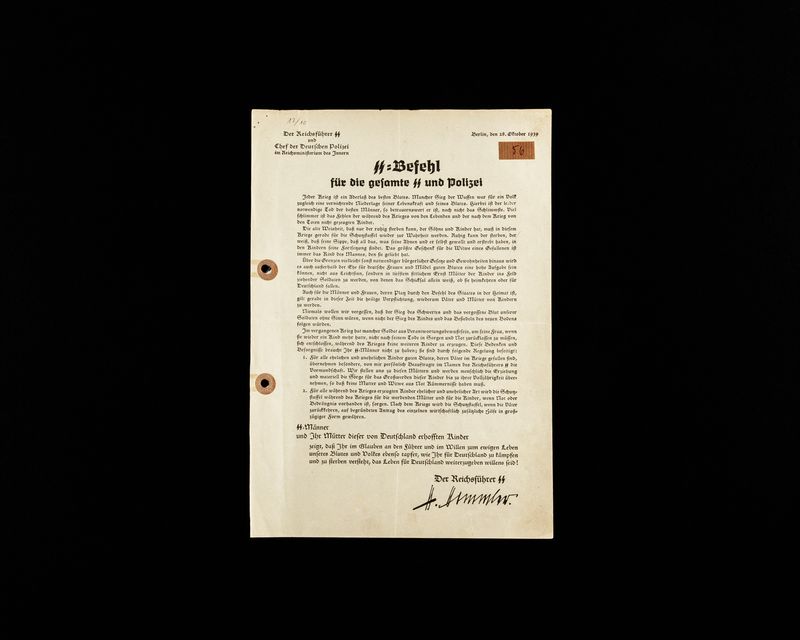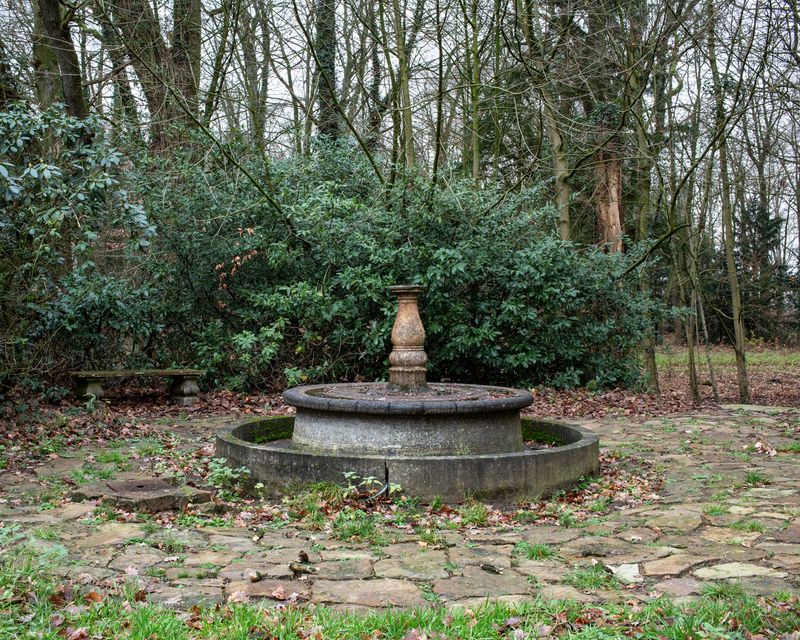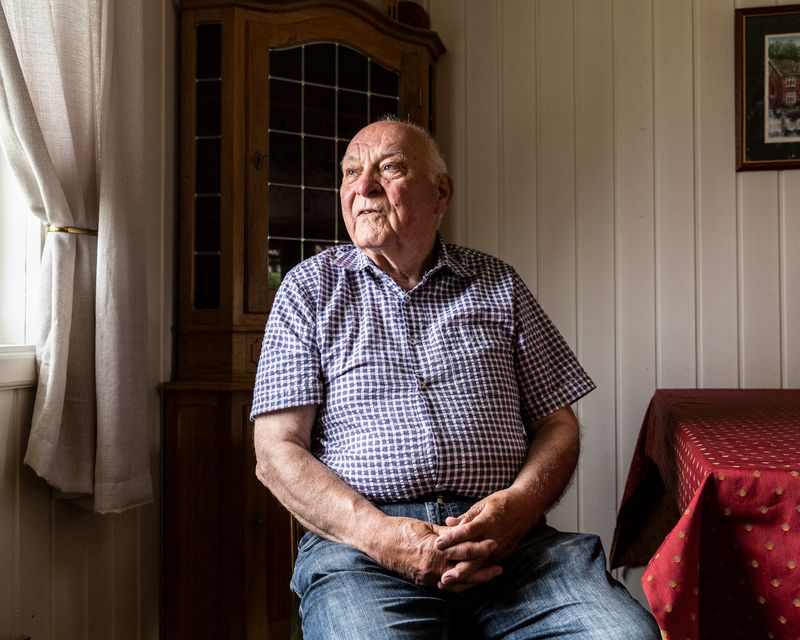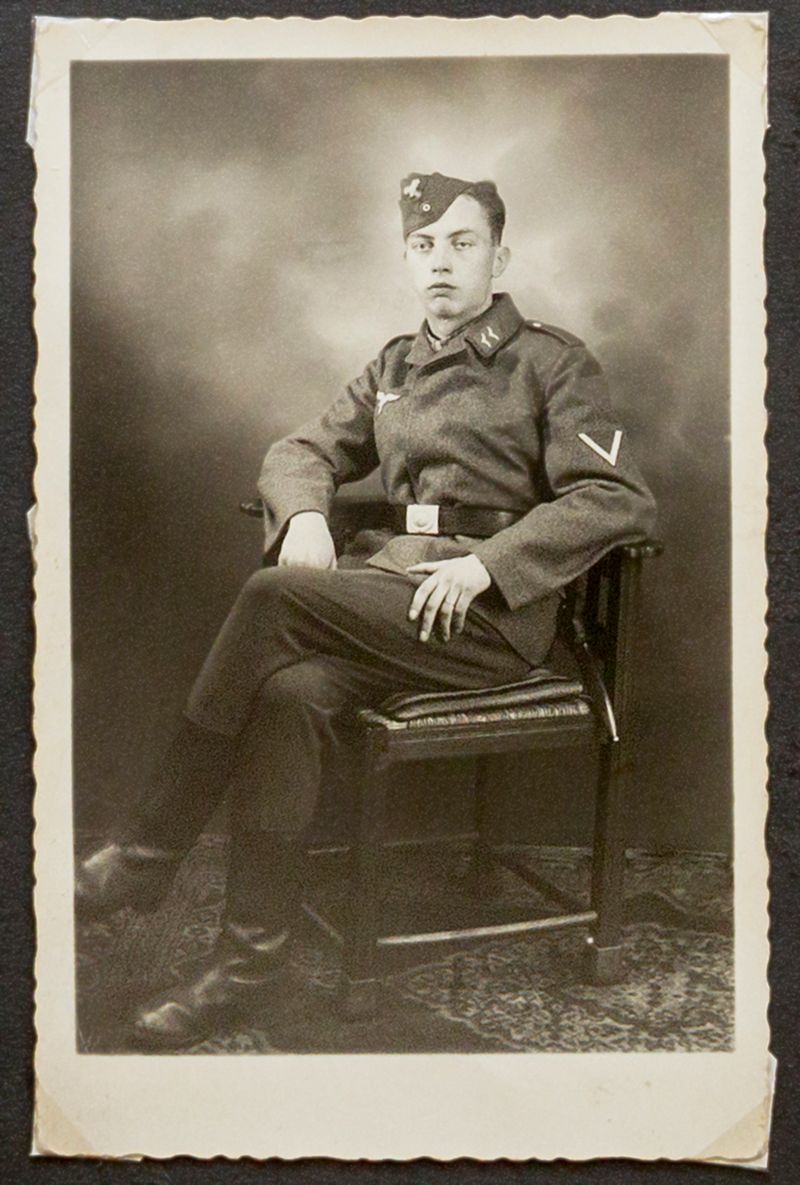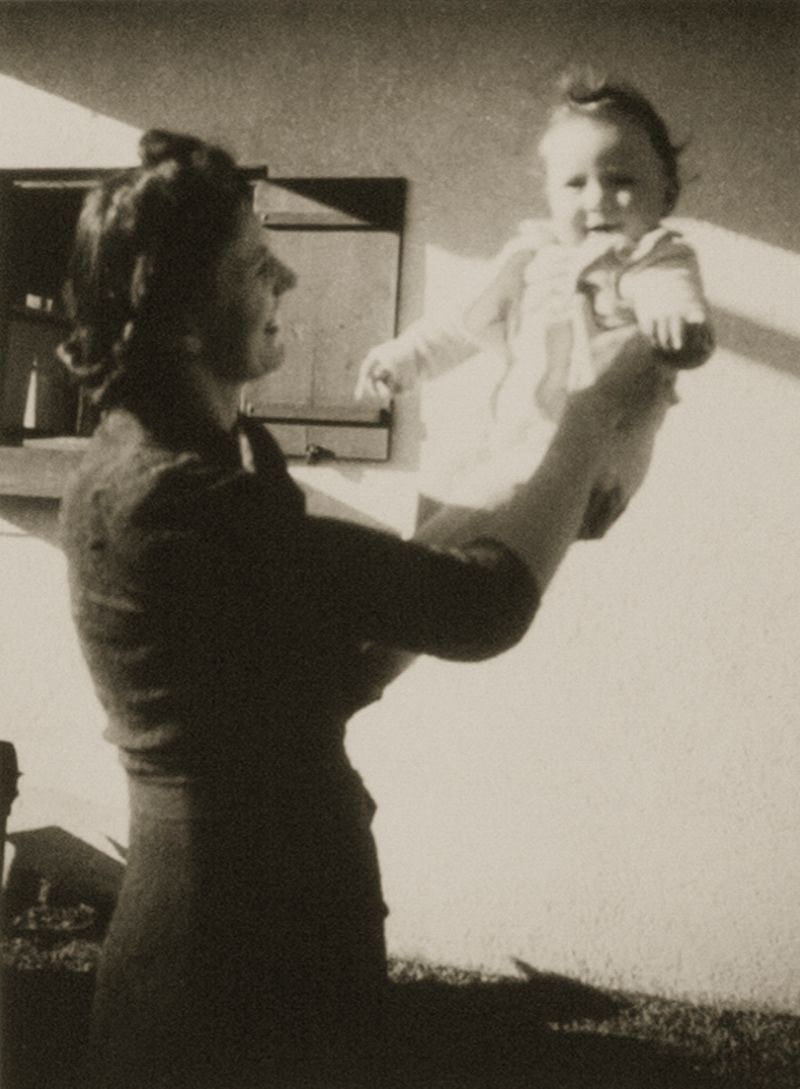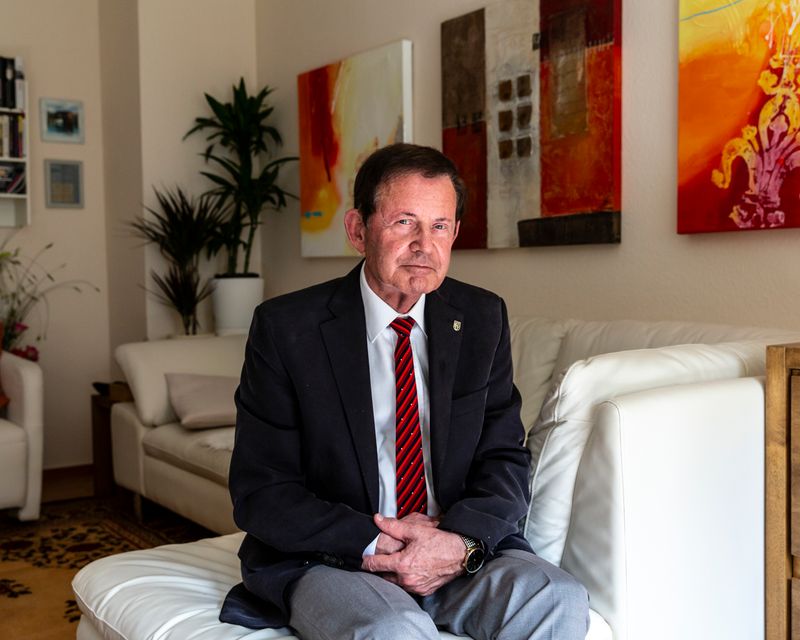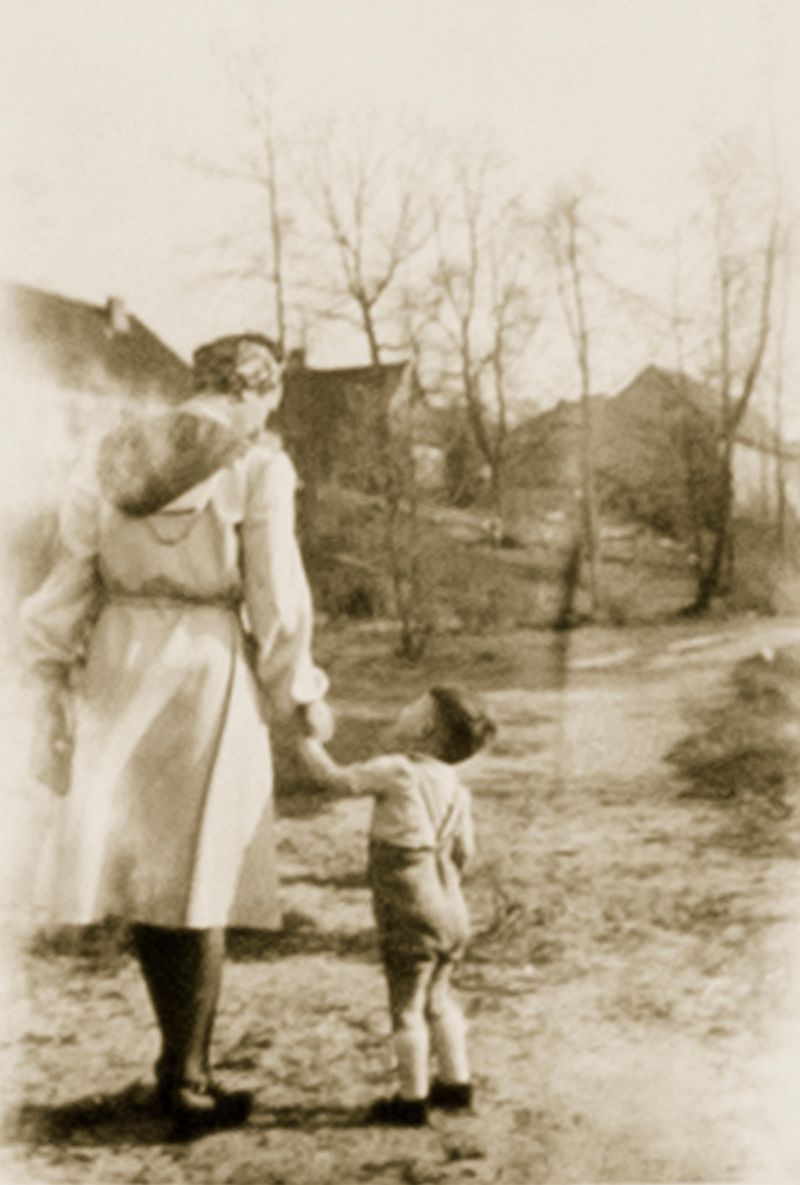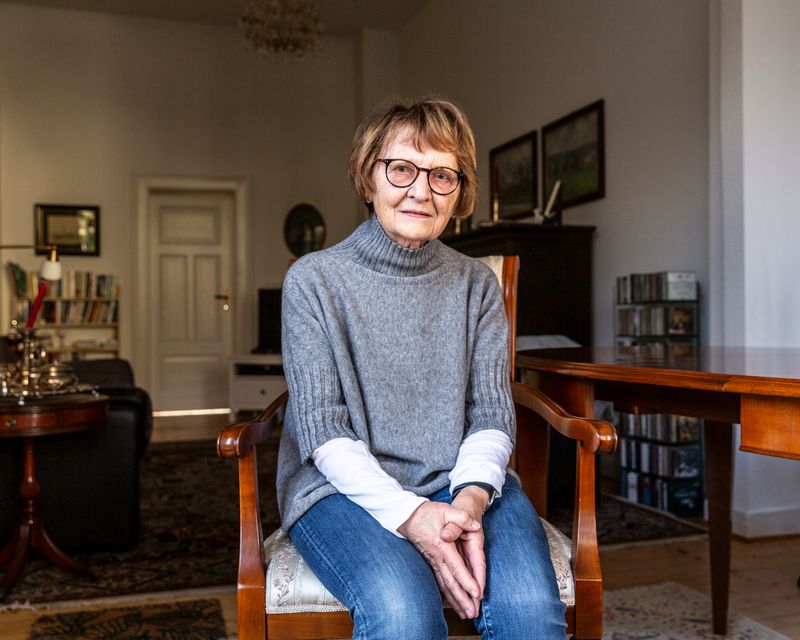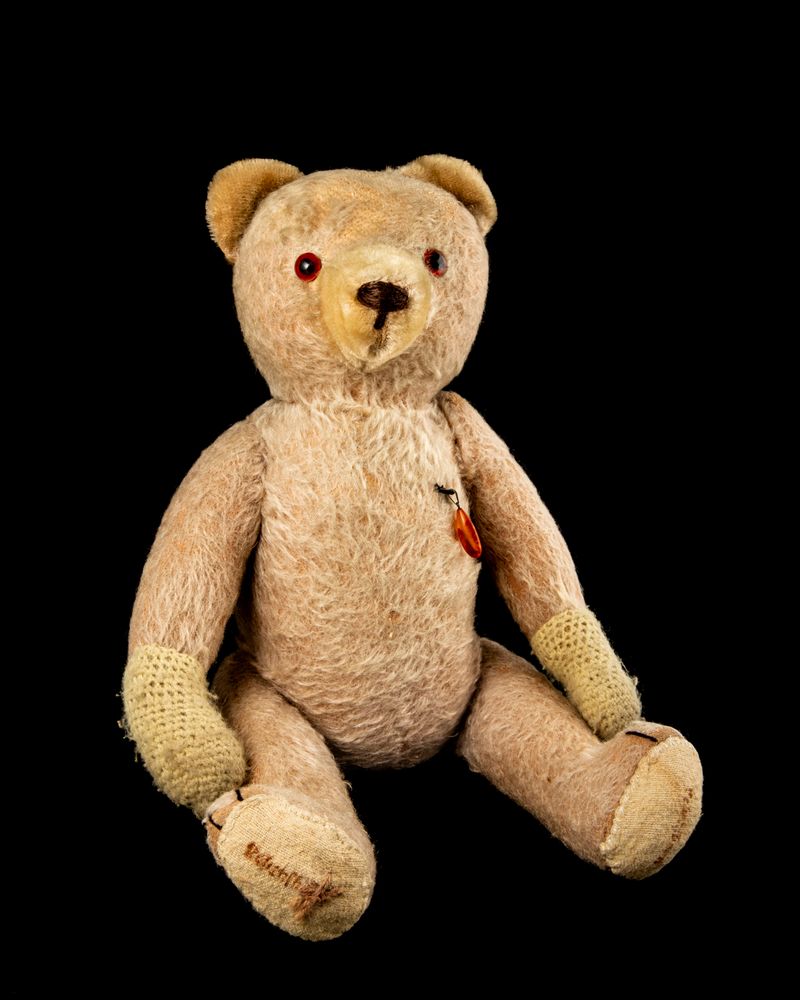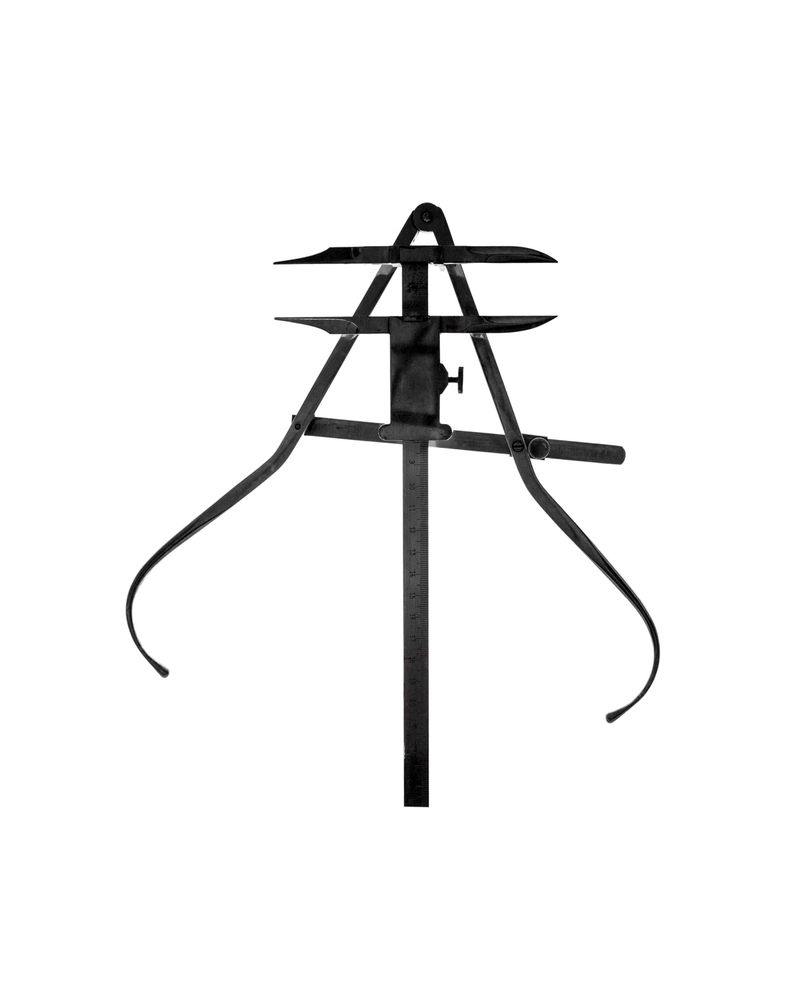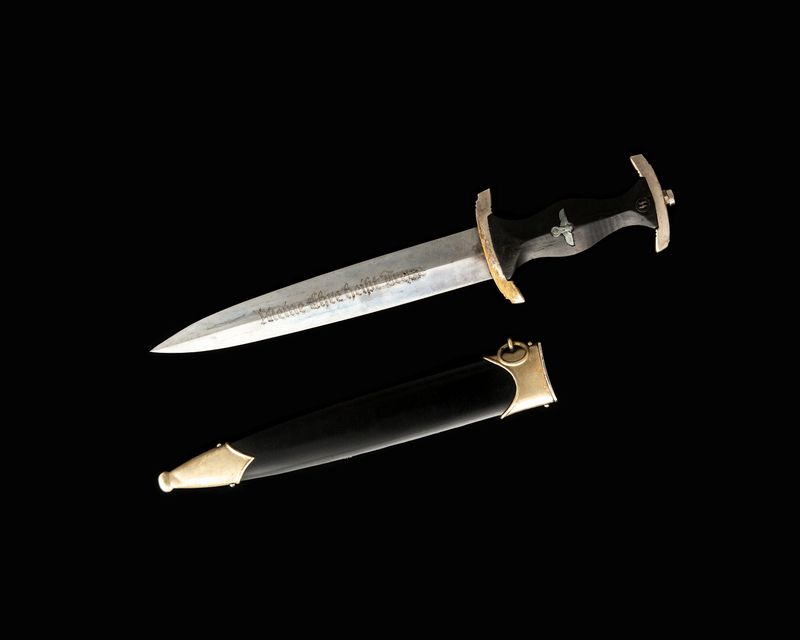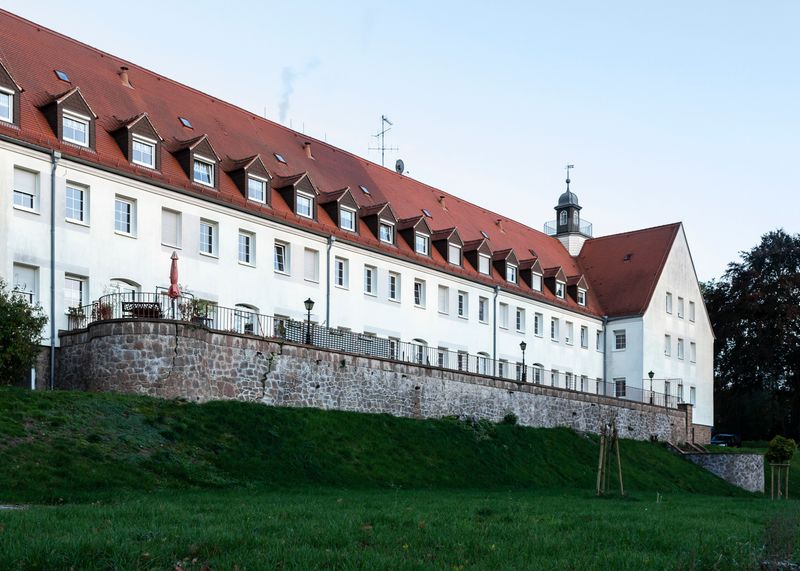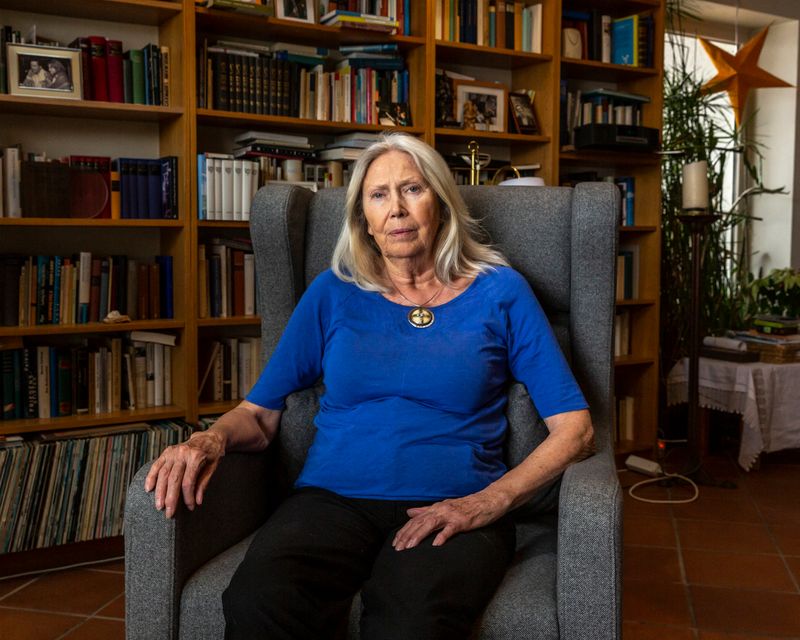Lebensborn
-
Dates2019 - 2024
-
Author
A visual research about birth politics in the Third Reich and more specifically the Lebensborn program; a program to ensure them of enough Aryan citizens.
On December 12, 1935, a program was started in Germany to provide the Third Reich with the new generation of leaders and SS officers; Lebensborn (“Source of Life”). SS-officers were encouraged to reproduce as much as possible, including out of wedlock. In several clinics spread over Germany, Norway, Belgium, France and Poland, (unmarried) women, if they met the requirements of the Aryan race, could give birth to their children. Outside of Germany it was mainly the case that German soldiers had relationships with local women. The architect behind this plan, Heinrich Himmler, aimed to improve the ‘racial quality’ in the new empire to be built on a National Socialist basis with these blue-eyed, blond-haired and light-skinned children. The birth rates had dropped dramatically and something had to be done. When it turned out that this program did not bring enough new Aryan souls, thousands of children with blond hair and blue eyes were kidnapped from Eastern Europe and taken to German homes to ‘Germanize’. After the war, the children from these homes and families were often stigmatized and sometimes even mistreated or sexually abused. Many grew up with secrets, the past should not be talked about. The Lebensborn homes were thought to be brothels or ‘stud farms’ for SS-men, as quite some (B)movies implied. Non of these stories were true but they didn’t make life easier for the Lebensborn children.
The purpose of Lebensborn is so immense, unreal and horrific that I believe it should never be forgotten. In view of our society that increasingly flirts with nationalism, I think it is important to document and tell these stories from the past so that they will not be forgotten. It is the ultimate example of a scewed sense of superiority. For the project I tracked down these children to interview and portray them. I also did extensive archival research and I photographed relevant objects and documents such as birth certificates. In addition, I visited several homes (where women could give birth to their Aryan children) in Germany, Austria and Norway. Landscapes are a part of the project as well. A landscape takes on a completely different meaning when these images are combined with stories, portraits and archive images that tell about its history. The project will turn out into a book designed by Rob van Hoesel and published by The Eriskay Connection.
